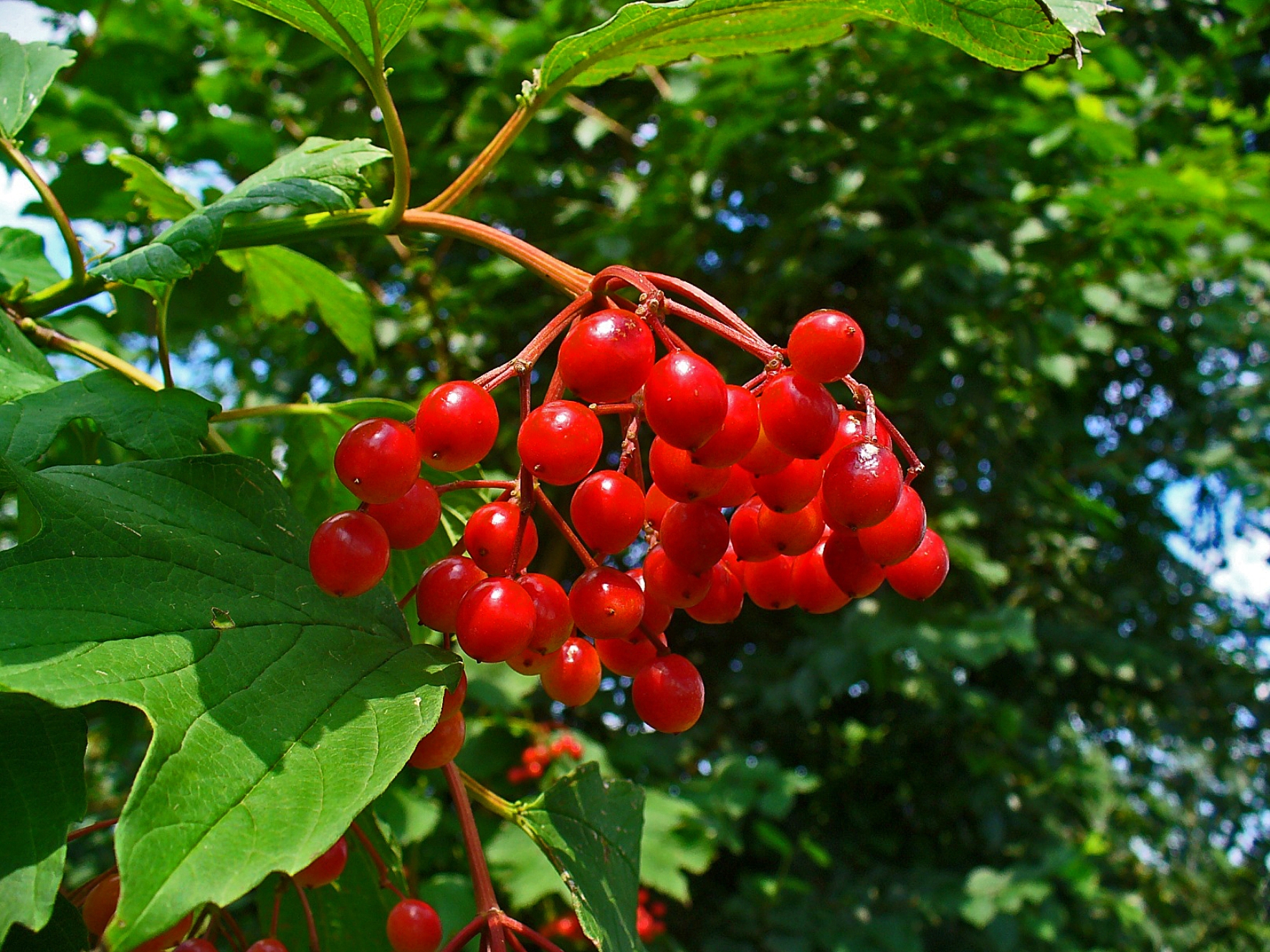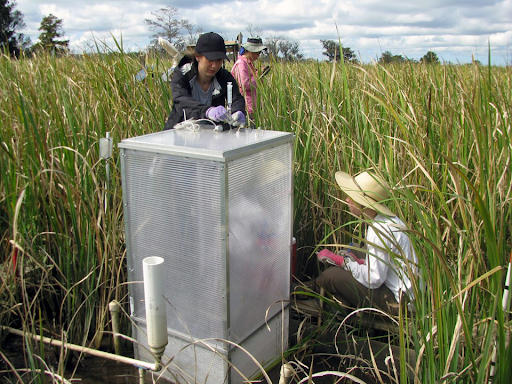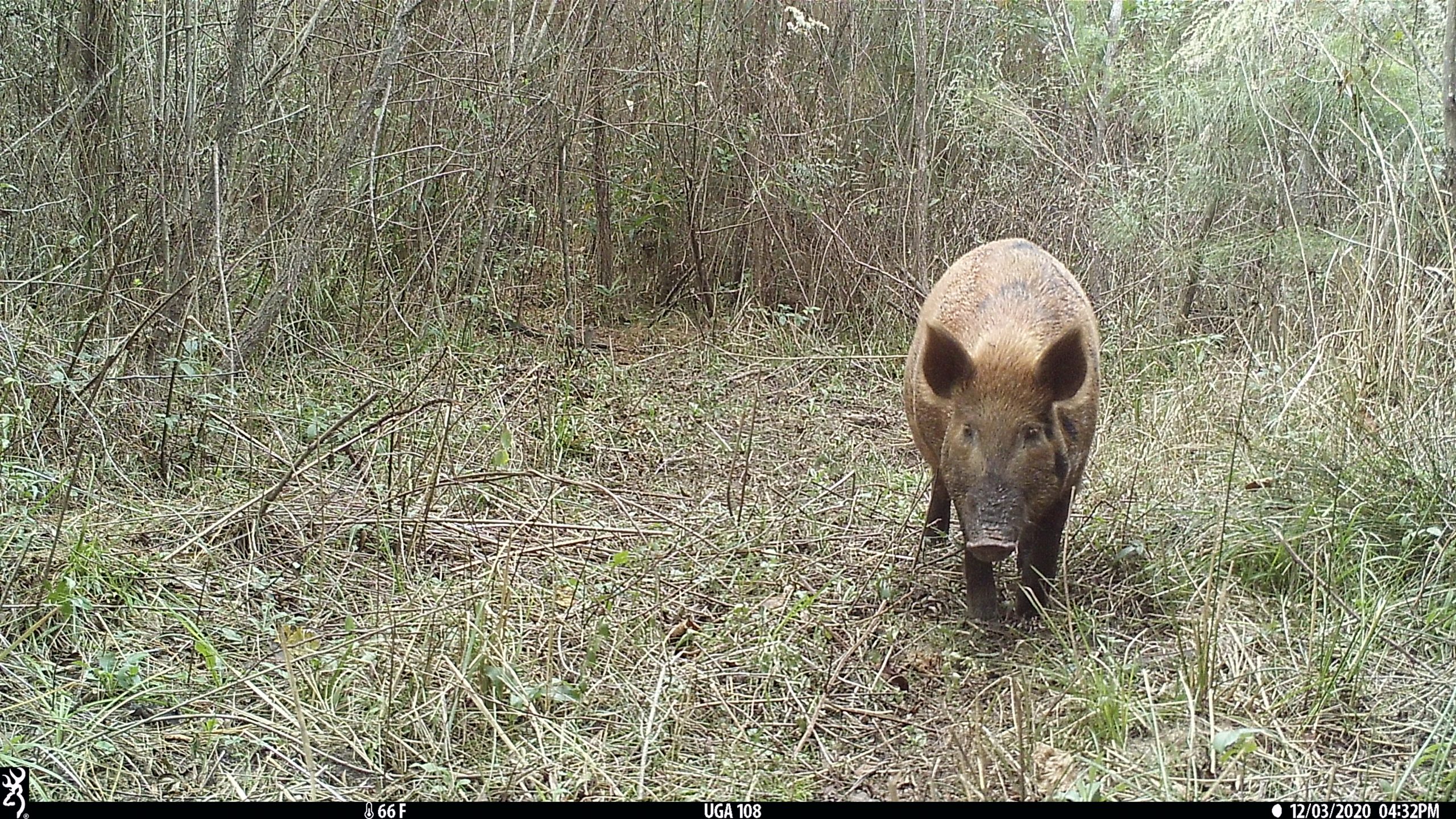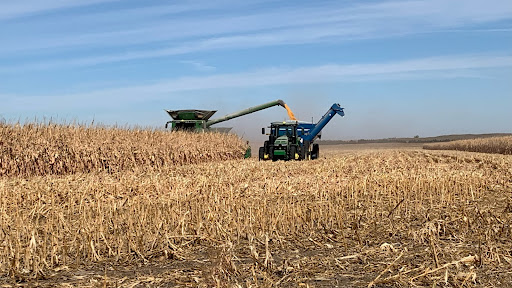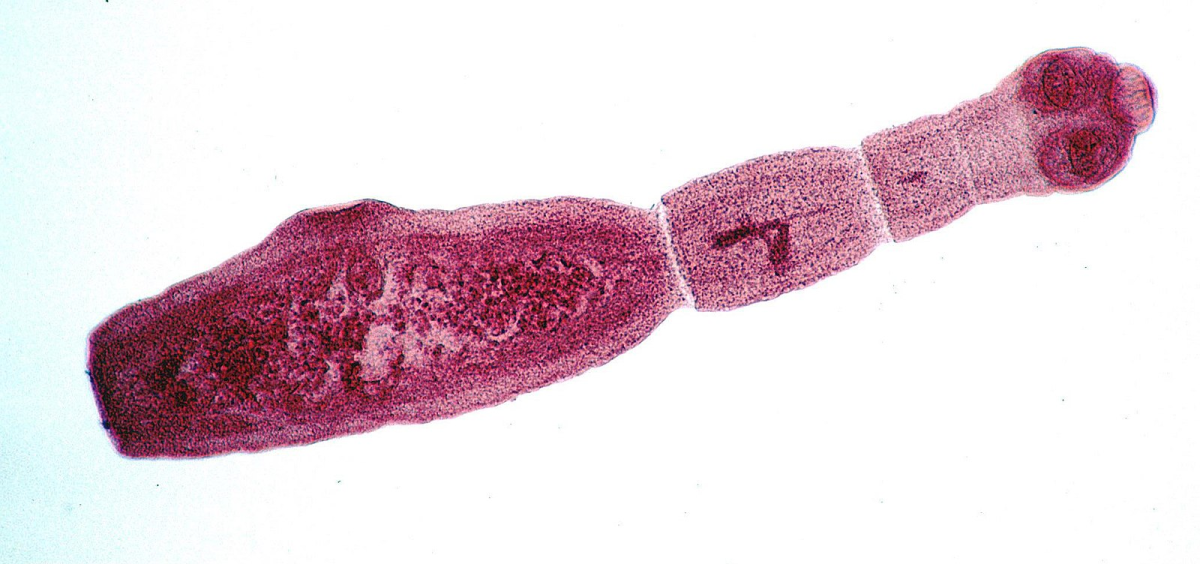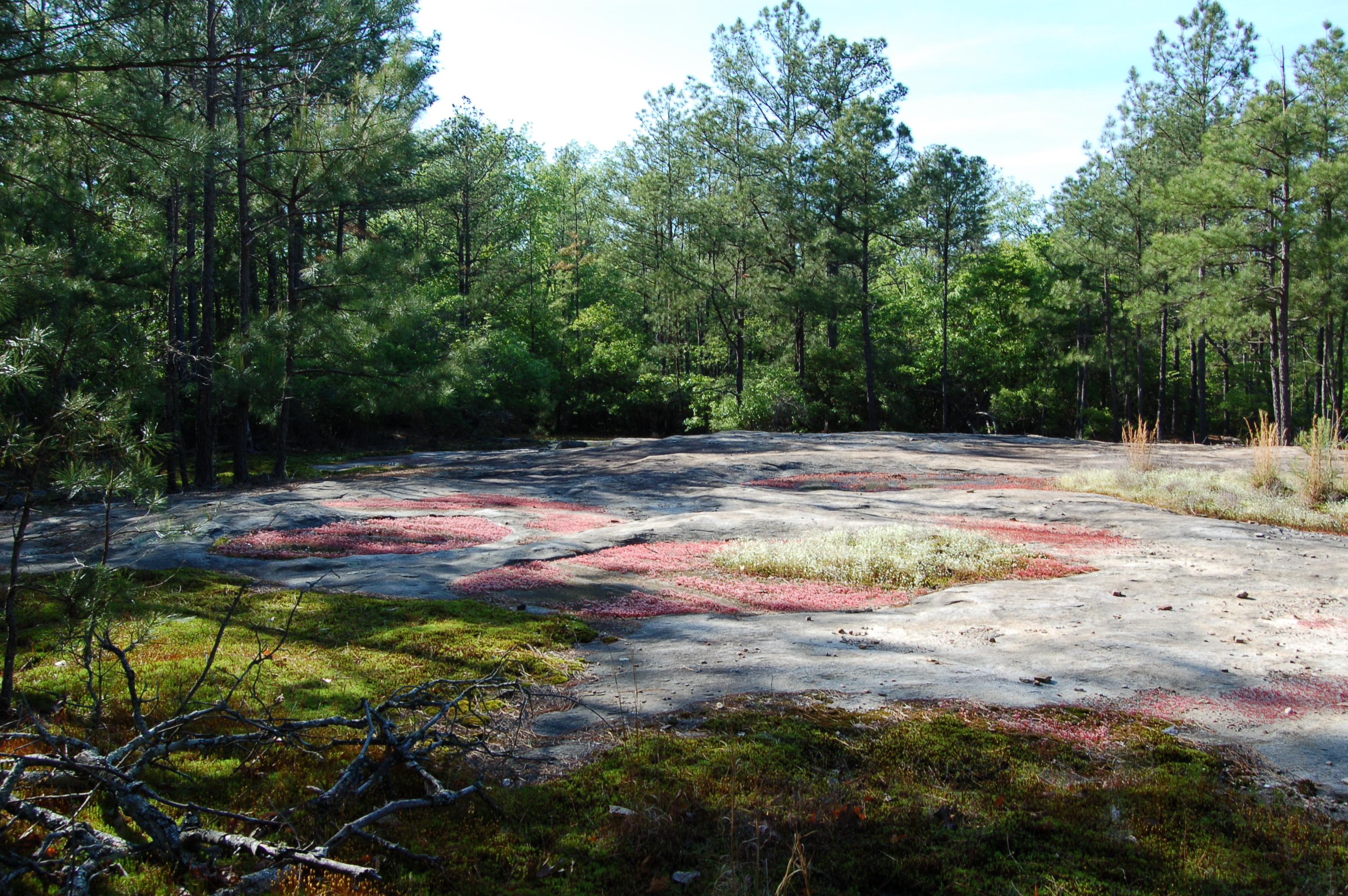
Don’t take them for granite: The whimsical world of granite outcrops
When most people picture landscapes of wildflowers, they often picture bright pastels of yellow, blue, and pink against a backdrop of prairie grass. Others may think of the chorus of spring ephemerals blooming in the understory of the woods. Folks from the west coast may even imagine a blanket of desert annuals blooming in synchrony


